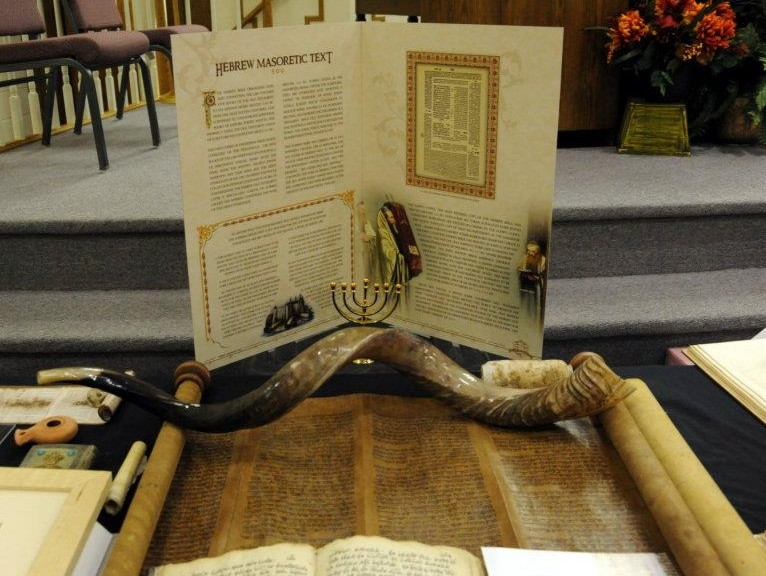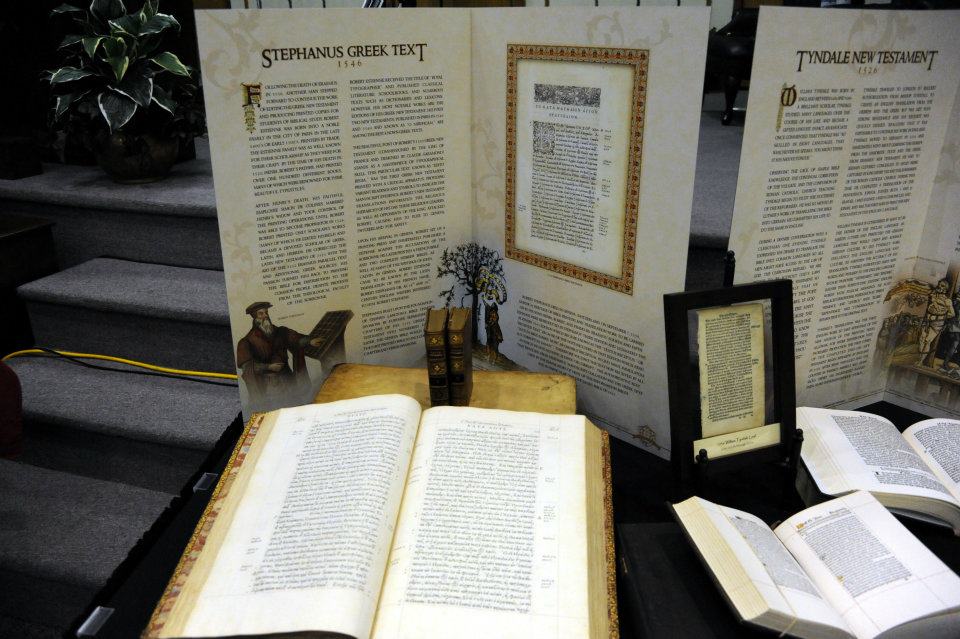TYRE, [h] (a rock), softened by
the
Greeks from Tzoor to Τυρος, Tyrus,
Jer.
25:22: this celebrated city, the seat of
Phenician commerce, was situated about
ninety miles north-west of Jerusalem
and eighteen south-west of Sidon, on the
coast of the Mediterranean. Tyre was
"a city whose antiquity was of ancient
days," in the time of Isaiah, Isa. 23:
7-12: and though, as the prophet calls
it the "daughter" or colony of Sidon,
it was called "the strong city of Tyre"
by Joshua, Josh. 19:29, and allotted to
the tribe of Asher. Tyre does not appear
to have ever been possessed by the Isra-
elites: but Hiram, its king, was a pros-
perous ally of David and of Solomon,
greatly aiding those monarchs by supplies
of timber and other materials, and with
builders, in prosecuting their various
architectural works, 2 Sam. 5:11; 1 Kings
7:13; 9:12. Tyre flourished for many
centuries, as the chief centre of com-
merce; and its wealth is celebrated by
the prophets after the reign of Solomon,
Isa. 23:2, 8, 18; Ezek. 27:3, 33:
but on account of the crimes of the
people, God gave it to Nebuchadnezzar,
who took it after a siege of thirteen
years, about the year 571 B.C., Ezek.
27. 28:2, 18; 29:18, 19. Old
Tyre having been destroyed, the people,
who had conveyed away their chief trea-
sures, built a new city on an island
within a mile of the main land; and
this soon rose to greater splendour than
the former one, Zech. 9:2, 3: so that
for seven months it withstood the whole
forces of Alexander the Great, who took
it in the year 332 B.C. Subsequently
Tyre belonged to Syria, and to the
Romans, under whom it regained much
of its former prosperity, Matt. 11:21;
Acts 12:20. It was taken by the
Saracens



